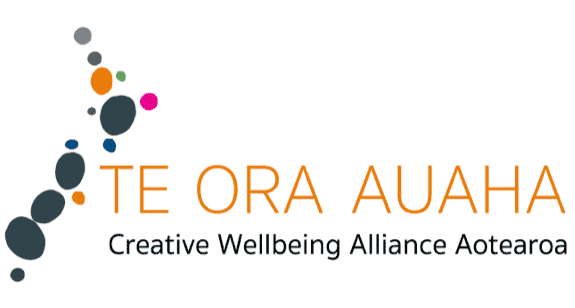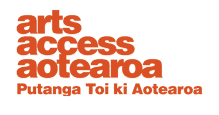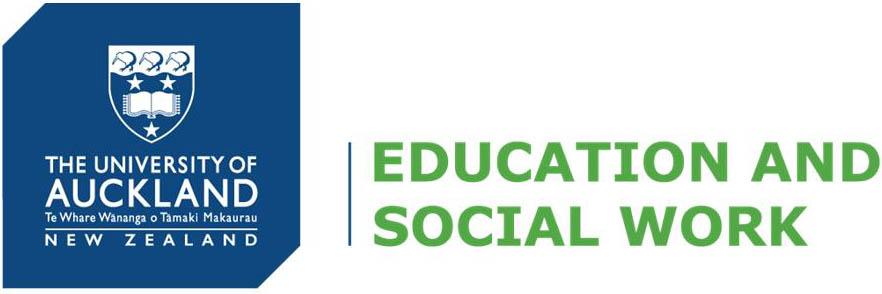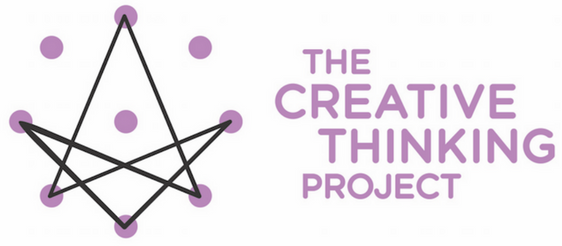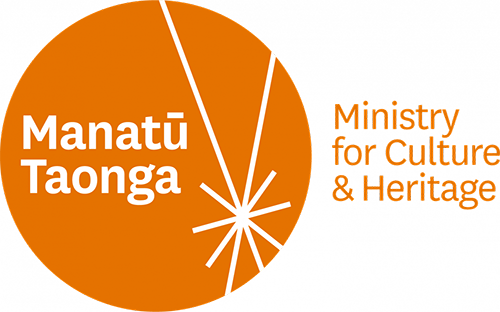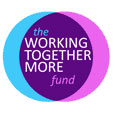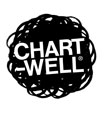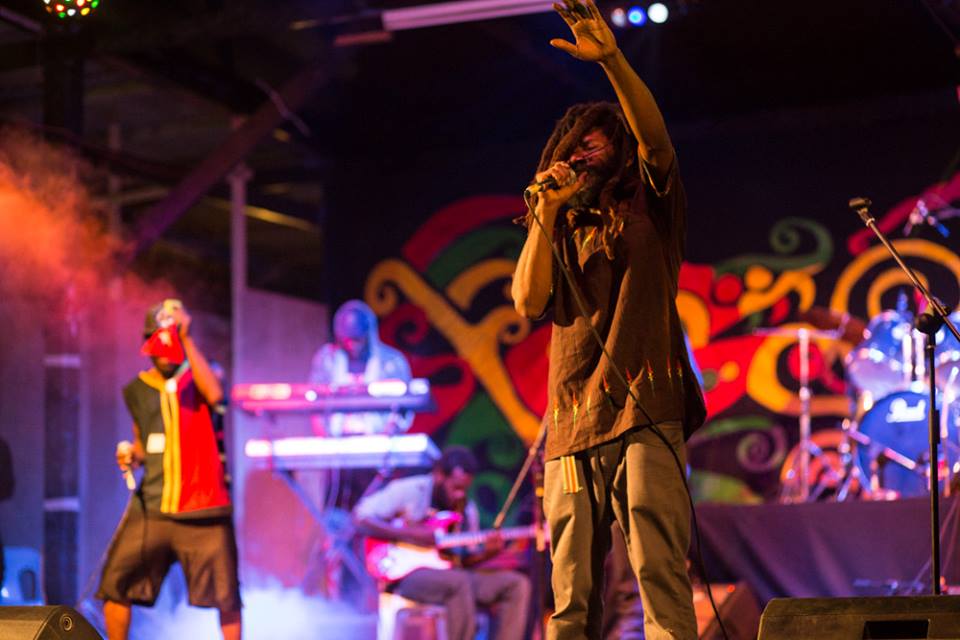
Ever since Bob Marley brought his Babylon by Bus tour to Auckland in 1979, Aotearoa New Zealand and Oceania have adopted Roots Reggae as a part of our musical culture. Marley’s music, which focuses on the everyday experience and aspirations of ordinary people, immediately appealed to Oceanians from all walks of life. Reggae uses Rastafarian metaphors of Babylon and Zion to name systems of social, economic, and spiritual oppression. When this is combined with the One Drop rhythm, which made the music so easy to dance to, Reggae becomes a powerful critique of the exploitative systems of power found all over the world. Unfortunately, the continued popularity of Reggae could suggest that those exploitative systems still exist now as they did in 1979. Marley’s social insurgency may not have overthrown the dominant order, and there is a very strong case to be made that things have become worse, but it did and does, create space for hope.
How does Marley’s music create hope? It does so by serving as a piece of public pedagogy. Public pedagogy occurs when politics and education combine outside the classroom. It can occur anywhere and at any time. In Marley’s case, he presents Babylon, the forces that oppress us, as they are so we can clearly see what is happening in the world. Then he offers the possibility of a different way of being. His offer of hope is found when we throw off the mental slavery that oppression places us in and we can relate to each other as equals.
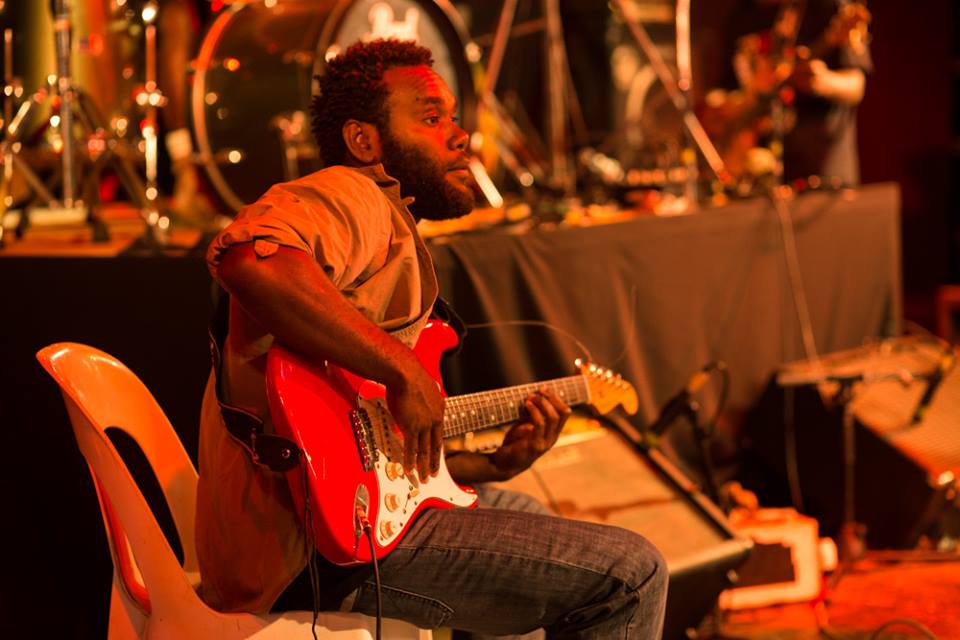
So, what would happen if we all could be messengers of hope? What if we all could be Reggae stars? Why not create a way for everybody to record a Reggae song and break down barriers to doing so by providing the technical skills and equipment and then allow everyday people to create with others in their community?
CRATE stands for Community Reggae Arts for Transformative Education. It focuses on art forms that lead to Reggae creation, such as poetry, image theatre and photography and then finally, making Reggae as a group. Reggae Arts are descriptive in that they make vivid personal experiences. For many people, this may be the first time that they have had the opportunity to give expression to their everyday experience through art. As such, it is not the perfection of the art form that is important but that the art form allows for expression, that the personal voice of those involved comes through. This is a major aspect of CRATE Reggae. People don’t need to be told by others what their worlds are like. They need to be given the skills and opportunities to tell their own stories. This is a central feature of the CRATE Reggae. As the people involved work their way through the process of creating a group song they are also learning and teaching at the same time, in an act of Ako. Working in groups allows people to share life experiences and challenges with others. As a form of social action, music can most effectively challenge limiting stereotypes by allowing participants to tell their own stories. Making songs together can also develop skills such as attention, concentration, listening to one another and sharing ideas. The act of musical performance, therefore, involves collaborative relationships irrespective of one’s music education.
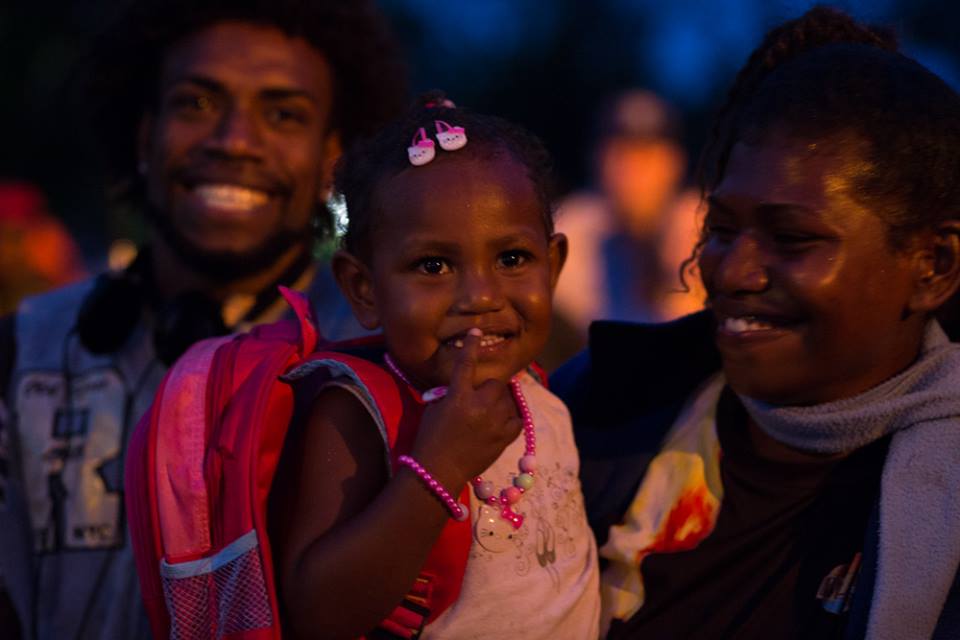
CRATE Reggae is designed to take place in the community. That means it has been designed to be mobile, simple and take only thirty minutes for a group of people to record an original song. The process begins with those involved looking at images of oppression from local communities. The Crate Reggae artists are then asked to write a one- or two-line reply to those images offering hope for those in the communities featured. When combined, and rearranged as the group sees fit, forms the lyric for the song. The CRATE artists then take turns singing or speaking their lines over prerecorded music to create their song. After some basic mastering, the finished song is returned to the artists electronically for them to enjoy and share with others. This means the participants are not just artists but, like Marley, through sharing their offerings of hope, they become public educators and social justice insurgents.
Babylon, oppression, exists partially because it hides from us and makes us think that the current systems are the natural way of things and that there is no alternative. By naming Babylon and offering hope for a different future, CRATE Reggae allows its participant/artists to begin the exodus to Zion.
Featured photos are by Sarah Doyle.
